
The candidacy of Senator Barack Obama has put the Hip-Hop community in a unique position to affect a national election. What that position is, exactly, is unclear. Many have characterized Rap artists as petty agitators. Know nothings, who talk for the sake of hearing themselves talk, and have nothing substantial to contribute to the political realm. One of these critics is a writer for the popular conservative blog copious dissent. Here, the writer criticizes Nas for his attacks on Fox News. Next, he described Diddy as an idiot after viewing the artist’s rant on Sarah Palin. This is the video made in response to Nas:
Let me make this clear: I hate the creator of this video with a deep passion. I hate everything that he stands for. I hate his derisive and condescending tone. I hate the fact that he knows absolutely nothing about Rap music, yet acts as if he does. I hate that his voice sounds like Ben Stein got castrated. I truly hate him. And so it makes it all the more difficult for me to concede that somewhere in that dark web of irrelevant, ignorant, conservative bullshit, the man may have point.
On the opposite end of the spectrum from those who find rappers completely illegitimate on an intellectual level, there are those who see hip-hop artists as effective agents of change. Barack Obama himself has said he enjoys Jay-Z, and thinks American Gangster was sending an interesting message. But more importantly there are thousands upon thousands who find hip-hop inspiring on many different levels. The lyricism can be poetic, poignant, and emotional beyond the capacity of many other genres. Harsh truths about social injustice are delved into without precaution. People find hope in Hip-hop. All of this may be true, but what does that mean for Rap’s potential to alter a national action–or even affect peoples political beliefs in the first place.

The American Prospect has an interesting article today entitled From Pop Charts to Politics. The author makes the point that the mainstream nature of rap music makes it difficult for artists to have a legitimate affect on politics. I would go further, and argue that Rap’s roots, the roots that allowed it to become mainstream in the first place, are constantly deterring the genre from having a recognizable position in political discourse.
Lets take a look at the basics of what makes Rap music popular. I find that truly popular songs consist of one of three main subjects: 1) Money 2) Guns and 3) Ego. Take “Swagger Like Us” for example. That fits into both category one and three! Pretty much every Biggie song ever made could be categorized this way, along with the majority of songs by Kanye, T.I., Lil’ Wayne, Dead Prez, Bone Thugs, Eminem, 50, The Game, and many more. Im not saying all rap songs are based on these premises, but the trend is so significant that one can’t help but notice that the roots of Hip-Hop’s themes are anything but kosher. So, knowing this why would anyone take their political advice from a Hip-Hop artist? This question will continue to be a barrier to Hip-Hop’s aspirations to be a more politically involved genre.
Many Hip-Hop advocates might mention the fact that one should separate Hip-Hop artists as people from their music. They might say Nas should be able to criticize Fox News without the baggage of his music affecting the potency of his argument. It’s a good point, but I would argue rap is distinct in this way. Nas can’t separate himself from his music because, if nothing else, his Rap is personal. He should be able to stand behind every one his lines, because he will be first to point out that those lines are who he is. To seperate them is to discredit his music. Bono can sing about death then hold a political rally to defend Darfur. Nas, not so much.
Nas is a rebel of the street corner/ pullin a tec out the dresser/ police got me under pressure
What does this all amount to? Until Rappers can become truly popular without having to meet a certain “swagger” standard, or bash women, or have a certain number of kills on their rap sheet, Hip-Hop won’t have a fighting chance of being a recognizable political force. Maybe one day the rules will change, and Hip-Hop artists will find more productive ways to express their frustration. And then 50 and Kanye and Fat Joe and Masta Ace and everyone will have a big tea party and plant some trees. One can only hope.
Download: Black Spade- Revolutionary Bullshit

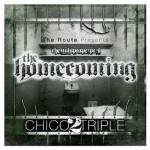

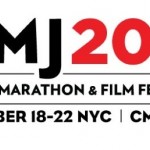
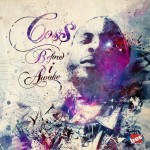
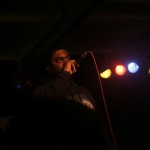








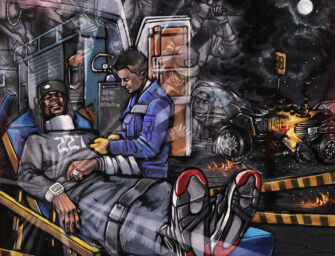
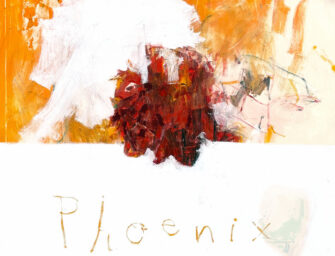
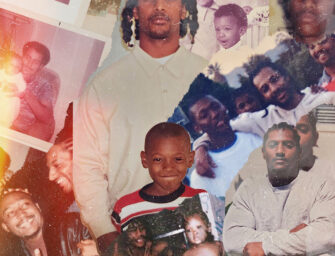
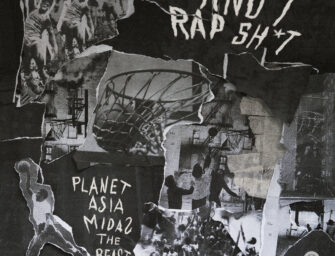
Great article. The choice of topics is definitely stale in hip hop. I think they put themselves in a box in terms of what sounds normal for a rapper to make a song about. At this point it’s odd to write a song about something normal that people can relate too.But one big topic you missed was: Sex.
Who is Robert Murdoch? Nice post.
JK, good call. I could have added a few categories, such as sex. I just find that the way sex is used in Rap music is often more egotistical than anything. Great point though, thanks for reading.
You have a point in that the sex and violence pushing hip hop cannot be a sustainable political force. However, as the post is thought provoking, I’d like to add my two cents.
1) hip hop has been that way for the last 15 to twenty years. The breaking point was the success of NWA and dr.dre’s the chronic. Before that the most successful themes were afrocentricity and brotherhood (dela, tribe etc.) and politics. The savior of def jam was public enemy, who, unfortunately, shot themselves on the leg with the griff controversy and flav’s drug habits. But it’s sure that popularity depends on what the record companies are pushing.
2) However, the irony is that the truth of american politics makes today’s hip hop extremely relevant. The main theme of today’s politics is Wall street greed (money), wars overseas based only on some people’s interest (guns), and the greedy and violent behavior is explained by the egos involved (ego). The only difference between flashy politicians and the following pundits on the one hand and rappers on the other is honesty!
3) Let’s try to analyze another line from “represent”
“f*ck a yo god/let me see your hundred grand”
Although the “yo god” line is referring to the five percenters, it could be used against the fake “god fearing” sobriety the right wing politicians are selling. If there was any help for the inner city (cheaper than a one trillion bailout), all the gangsta rappers would be irrelevant.
4) Finally, In order for some rappers to have any political influence is to have a cohesive worldview. As long as Nas has “Shoot em’ up” on the one hand and “black Zombie” on the other, the shoot em’up side will haunt him, regardless of how excellent song it is and its possible metaphorical explanation.
Before the kum-bay-yah revisionists get here, hip hop HAS ALWAYS BEEN ABOUT STREET TOPICS.
Just because gold changed to platinum, Adidas to Gucci…
“If my girl starts acting up, then i’ll take her friend.” – Sugar Hill
“Step into the dance with a spliff of Sensi” – BDP
Hip Hop is not this shiny happy afro-centric music, advocating peaceful change to American society through music and greater understanding.
Our most celebrated political rappers, Public Enemy, modeled themselves after the Black Panthers, and regularly bigged up Farrakhan.
Even at our “best”, hip hop wasn’t made for the mainstream of American politics.
Hip Hop is more Jeremiah Wright than Barack Obama.
Never forget that.
Hip Hop is the locker room, the barbershop, outside the bodega, you with your boys in the ride – it’s unedited conversation, that doesn’t carefully vet the facts and ideas.
word to archie. Hip-hop is “unedited conversation.” Hip-hop heads shouldn’t have to stop talking about sex and guns and money just to have a valid point.